The role of the Trade Unions
- Learning for Life and Work

- Mar 21, 2020
- 2 min read
Updated: Jun 27, 2023
A trade union is an organisation that looks after the interests of employees. The main role of trade unions is to make sure that all employees are receiving their rights and that employers are meeting their responsibilities to staff.
Trade unions work to protect rights
Trade unions defend the rights of employees in the workplace. They can provide members with information on their rights and entitlements while at work and can help to deal with grievances and disputes in instances of discrimination and unfair dismissal from the workplace.
Trade unions work to give advice
Trade unions give advice to its members on queries or issues they may have about the workplace, for example holiday pay or sick pay. The employer can pass on information to the trade union representative in the workplace who can then distribute it to each of their employees. Trade unions give advice on when employees could put pressure on an employer to make changes, e.g. when to work-to-rule, go-slow, go on strike.
Trade unions work to resolve conflict
Trade unions can work with employees who are unhappy about something in the workplace and can act as mediators between the employee and the employer to help settle the dispute more quickly and efficiently.
Trade unions work to negotiate
Trade unions can negotiate between the employee and the employer and even government ministers on issues such as increases in pay so that members are paid in line with inflation and can discuss major changes to the workplace such as large-scale redundancies and options.
Trade unions work to promote working relationships
Trade unions talk to management and employers on behalf of its members, who are the employees. Employees therefore feel they have a voice, their grievances are being heard and their efforts in the workplace are being recognised.
Trade unions work to promote health, safety and well-being in the workplace
Trade unions work to ensure that employers are meeting health and safety regulations and legislation. Trade unions may also investigate if there is a complaint about hazards in the workplace or workplace accidents that have occurred.
It is not compulsory to be a member of a trade union but it can be particularly useful for defending your rights within the workplace. There are many trade unions that exist and depending on what job you do or what job sector you work in will depend on what trade union you will join. The main trade unions that employees in Northern Ireland belong to include:
NASUWT/UTU/INTO (represents teachers)
UNITE (represents many workplaces including transportation and manufacturing)
UCATT (represents the construction industry)
UNISON (represents the public sector, including hospital staff and civil servants)

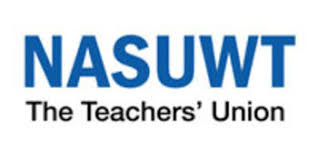
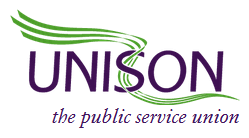
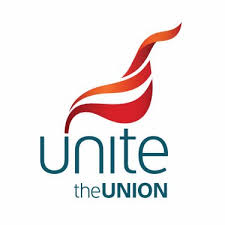
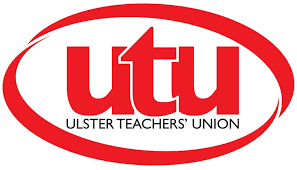
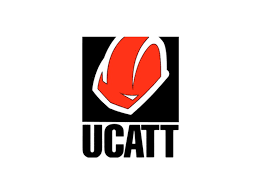



Comments